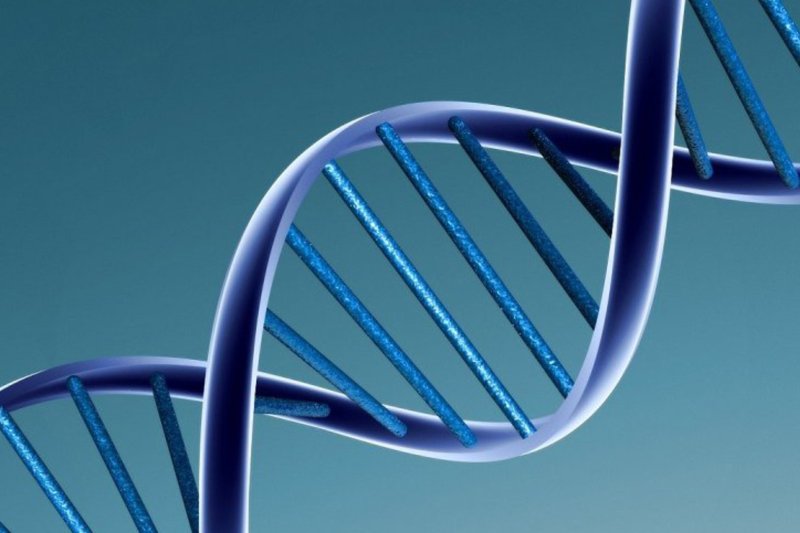A study found nearly 25 percent of genetic variants in cancer there were previously listed as "uncertain significance" were subsequently reclassified. Photo by
Caroline Davis2010/Flickr
Sept. 26 (UPI) -- Nearly 25 percent of genetic variants associated with cancer that were previously listed as "uncertain significance" are subsequently reclassified, frequently being downgraded to benign, according to a new study.
Researchers at the University of Texas Southwestern Medical Center reviewed genetic testing results from 1.45 million individuals collected between 2006 and 2018, finding the frequent variations. The findings were published Tuesday in Journal of the American Medical Association.
Variants were classified as benign, likely benign, variant of uncertain significance, likely pathogenic or pathogenic.
In their study, the researchers strongly encourage testing laboratories to periodically review their records and alert physicians if genes are reclassified.
"If a variant is reclassified to being pathogenic, then it matters to the patient," Dr. Theo Ross, a professor of internal medicine at UT Southwestern, said in a press release. "For example, if they have a broken Lynch syndrome gene, then they need different care from their doctor such as having colonoscopies at an earlier age or more frequently -- sometimes as often as every year. Or, if they have a broken BRCA gene, they may want to have prophylactic surgery or add MRI scans to their mammogram screening program."
The researchers noted a reclassification from "variant of uncertain significance" to "benign" can provide patients with peace of mind.
"Physicians need to be aware of how rapidly knowledge about gene variants is advancing and that reclassifications are common," Ross said. "Labs need to review gene variant information on a regular basis and alert physicians to changes. Finally, patients and their family members need to be made aware of reclassifications by their physicians so they can make well-informed choices."
Researchers studied hereditary cancer genes collected over a 10-year period by the lab Myriad Genetics, as well as associated clinical data from UT Southwestern's Cancer Genetics Program. Among the 1.67 million initial reports, 59,995 amended genetic reports were issued.
Overall, 24.9 percent of classifications as "variant of uncertain significance" were reclassified. Among variants first classified as uncertain significance, 7.7 percent were reclassified -- 91.2 percent downgraded to less severe classifications and 8.7 percent upgraded to more severe classifications.
The typical gene contains about 27,000 base pairs -- A-T, G-C -- and some genes contain as many as 2 million.
Because of the large number of base pairs in each gene means, potential variations are numerous.
"We are getting new data all the time," Ross said. "We may identify new families that have an inherited susceptibility to cancer and learn something from their DNA. Labs may determine the atomic structure of the protein product of the gene with the variation and see an abnormal shape or find that cells with the variant gene don't behave as expected."















